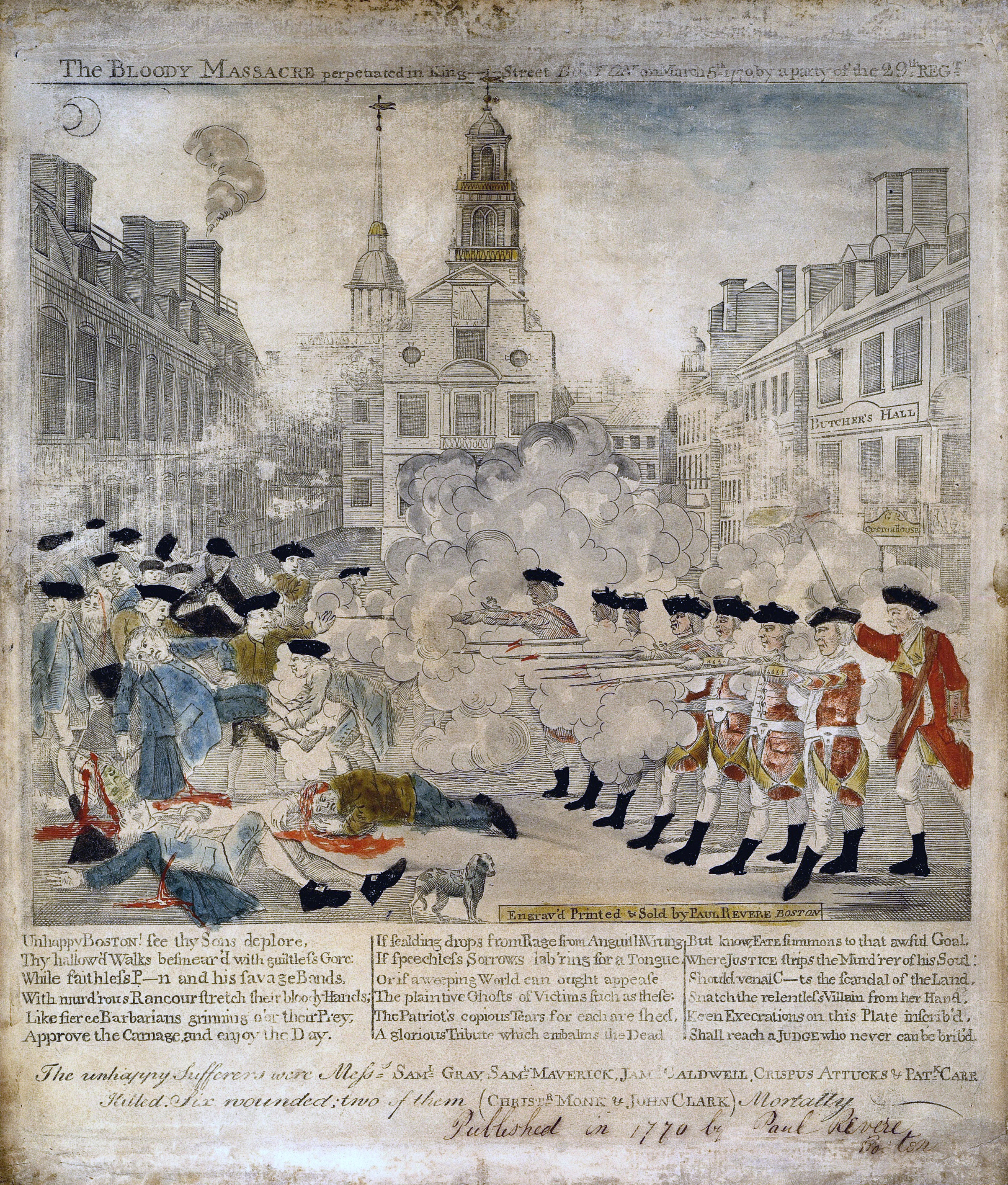I try to sound as basic as possible.
Anyways, having a 2.5 hour flight provides the perfect opportunity to get a head start on the literary endeavor of your choice. In this case, I'm fangirling over Aimee Byrd after catapulting myself into Housewife Theologian on the plane. Just came across this excerpt, which cements a conviction which has been recently growing on my mind. I need to move away from just consuming the wisdom of older people around me and realize that despite my best efforts, I'm acquiring some of my own as well. My life expeiences are much less meaningful if I don't apply them and use them to help others. In other words, SARAH STOP BEING LAZY.
We need to be purposeful in our relationships and reminded of our responsibilities so that we do not fall into sin.This can be very difficult for the twenty-first century woman. Our American culture is very individualistic. When we read of this duty to admonish the younger women, we do not want to put ourselves in such an imposing, uncomfortable relationship. Many young women today do not want to hear this "advice." I recently attended a wonderful women's workshop on spiritual friendship. One point that enriched my thinking on this matter was the consideration that we are all an older woman to someone, and we are all a younger woman to someone. We share in the responsibility to teach, as well as to be teachable.Housewife Theologian, p. 140





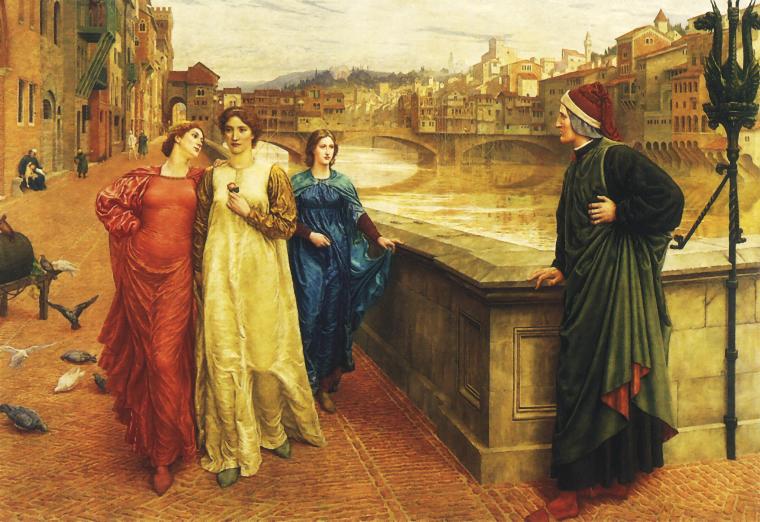
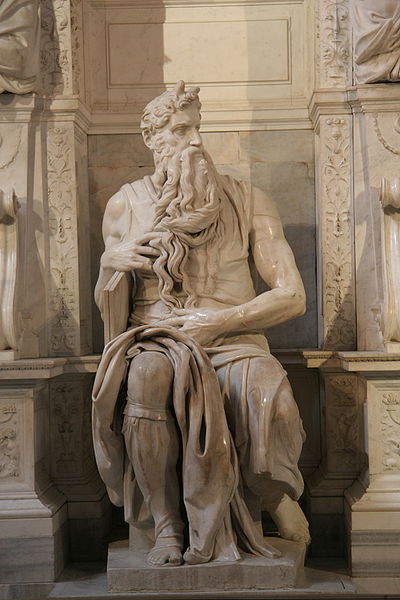

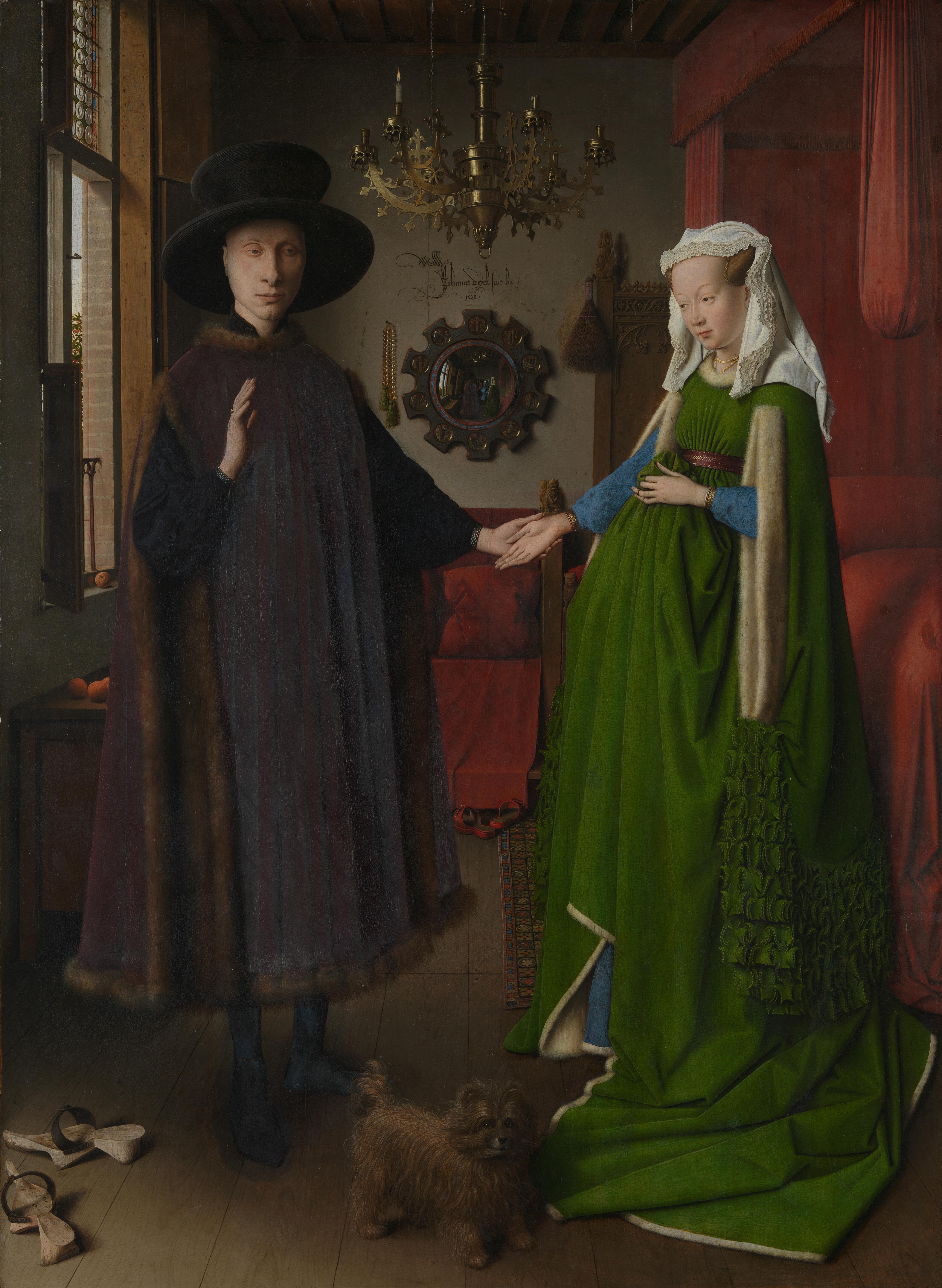

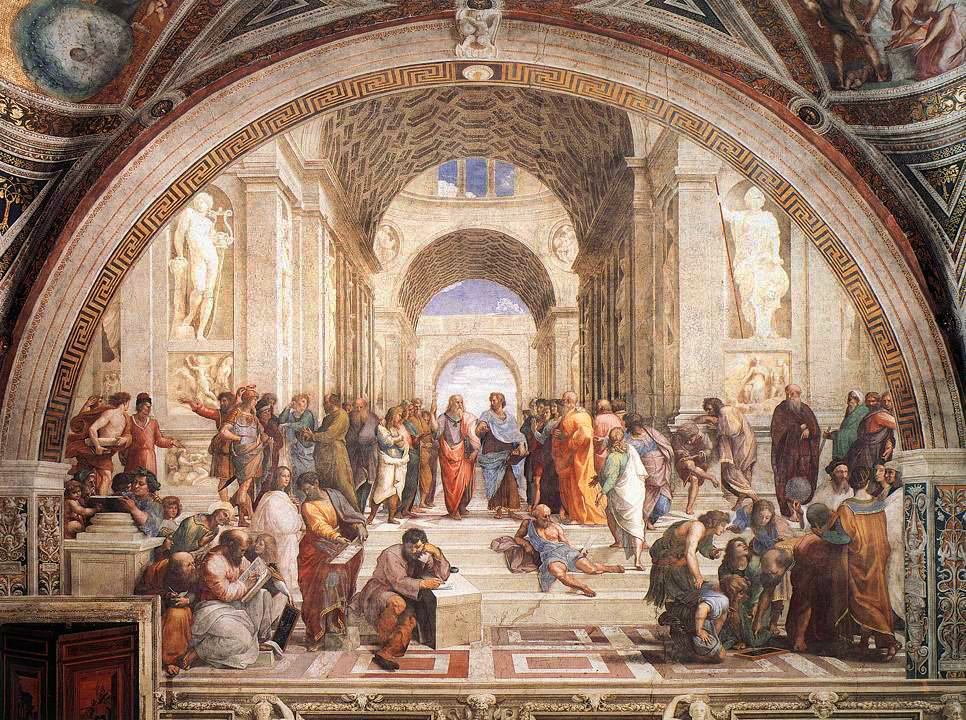

,_by_Velazquez.jpg)



